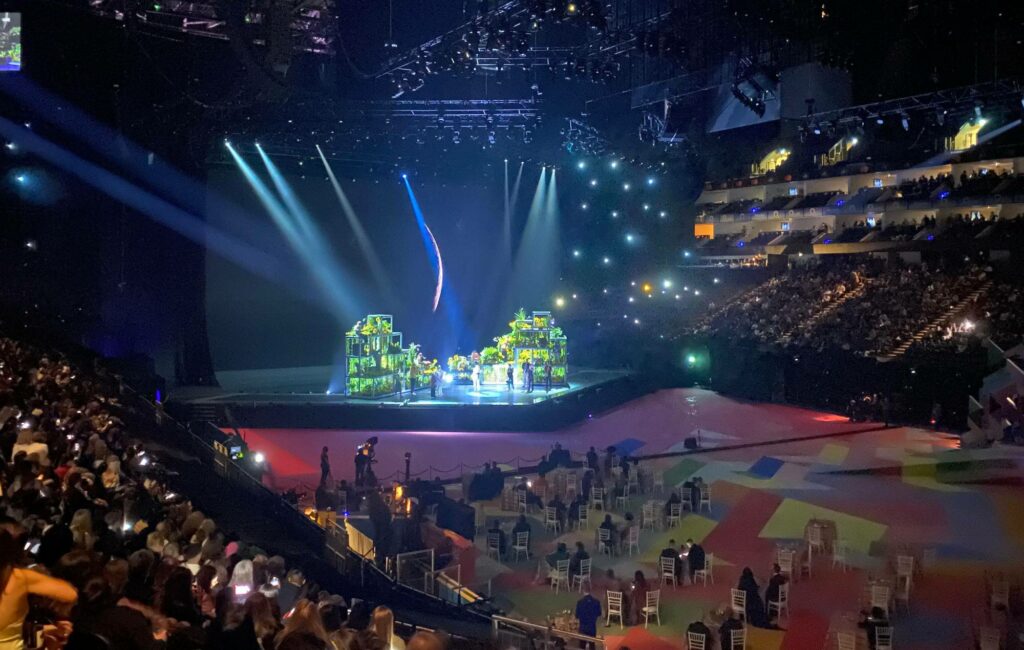BRIT Awards facing backlash for all-male British Artist of the Year nominations
The category replaced the gendered Best Male and Best Female awards in 2022
By Joe Goggins

The 2023 BRIT Awards are facing a backlash after the nominations for British Artist of the Year were revealed to be all-male.
The shortlists for the 43rd edition of the awards were revealed yesterday, and are dominated by Harry Styles and Wet Leg, who picked up four nods apiece. Of most note, though, was the artist of the year category, which is guaranteed a male winner; Styles will duke it out with Central Cee, Stormzy, George Ezra and Fred again.. for the prize.
Given the progress made in recent years on inclusivity and diversity at the awards, the all-male shortlist is being widely derided as a misstep, with Charlatans frontman Tim Burgess calling it “one step forward, three steps back” on Twitter. The category was introduced to replace the previously gendered Best Male and Best Female categories after criticism from Sam Smith, who identifies as gender-neutral.
There is no room, though, for Smith among the British Artist of the Year nods, or for Wet Leg, who are nominated elsewhere for Best New Artist, British Album of the Year, Best Rock/Alternative Act and Best British Group after a breakthrough 2022. Also missing from contention are Rina Sawayama and Mimi Webb, both of whom are up for Best New Artist, as well as Nova Twins, Charli XCX, Dua Lipa, Cat Burns, Becky Hill and Eliza Rose, all of whom picked up nominations in other categories.
In a statement to HuffPost addressing the social media fallout, a BRITs spokesperson called the British Artist of the Year shortlist “disappointing”, while also seeking to explain how it came to be. “We also have to recognise that 2022 saw fewer high profile women artists in cycle with major releases as was the case in 2021,” they said.
“These trends based around the release schedule are a feature of the music industry, but if, over time, a pattern emerges, then this puts the onus on the industry to deal with this important issue – and the BPI is already carrying out a major study to identify barriers that may inhibit more women becoming successful in music, so that there can be solutions that result in meaningful change.”
Elsewhere, Mahalia took aim at the BRITs for underrepresentation of R&B artists, with those from the genre sharing the Best Pop/R&B category. “I’m sorry but UK R&B right now is THRIVING,” she said in one of a series of tweets on the issue. “Forget putting us in this category. Give us our own!!!!! How many times do we have to scream at you? @BRITs. Winning awards isn’t the reason why we make and release music. We do this shit out of love. But, at this point, it’s nothing short of disrespectful.”
